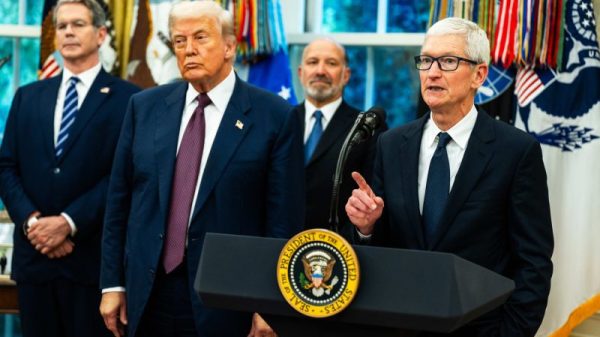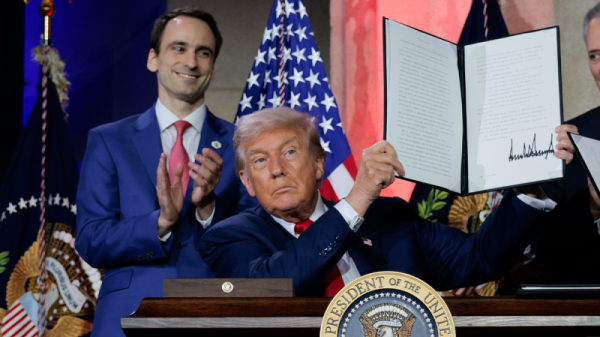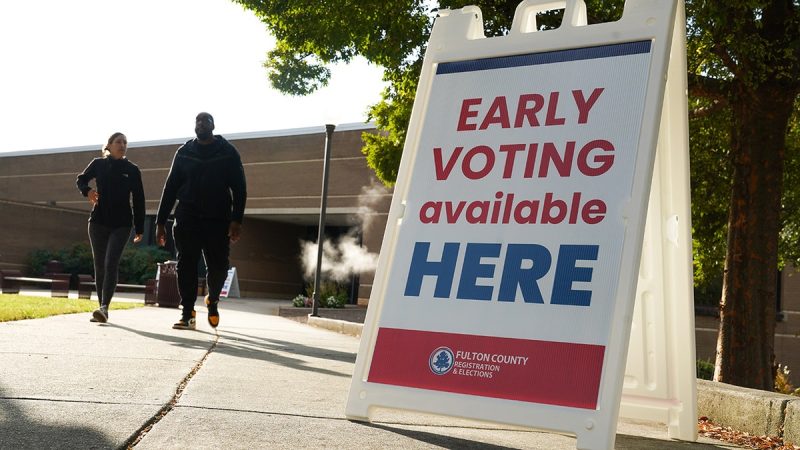The Electoral College: A Foundational Pillar of American Democracy
Understanding the Role and Significance of the Electoral College
The Electoral College has long been a subject of debate and controversy in American politics. Some argue that it is an antiquated system that no longer serves its purpose in the modern era, while others maintain that it is a crucial pillar of our democracy. To truly comprehend the role and significance of the Electoral College, it is essential to delve into its history and purpose.
Origins of the Electoral College
The Electoral College was established by the framers of the U.S. Constitution as a compromise between those who favored a direct popular vote for the president and those who preferred congressional selection. At the time of its inception, the framers sought to balance the interests of the states with varying populations and ensure that smaller states had a voice in the presidential election process.
The Role of the Electoral College in Presidential Elections
In the Electoral College system, each state is allocated a certain number of electors based on its representation in Congress. The total number of electors is equal to the combined total of each state’s senators and representatives. During a presidential election, voters in each state cast their ballots for a slate of electors pledged to a particular candidate. These electors then formally vote for the president and vice president, with a candidate needing to secure a majority of 270 out of 538 electoral votes to win the election.
Significance of the Electoral College in American Democracy
Proponents of the Electoral College argue that it serves as a safeguard against potential pitfalls of a direct popular vote system, such as the tyranny of the majority or the influence of populous states over smaller ones. By distributing political power across states of varying sizes and demographics, the Electoral College ensures that presidential candidates must appeal to a wide range of interests and concerns in order to win the election.
Furthermore, the Electoral College fosters stability and predictability in the presidential election process by providing a clear framework for determining the winner. This system helps prevent disputed or contested elections by requiring a candidate to achieve a broad geographic and demographic base of support in order to secure victory.
Critics of the Electoral College, however, argue that it can lead to outcomes where the candidate who receives the most popular votes nationwide does not win the presidency. This has occurred on several occasions in U.S. history, most recently in the 2016 election. Critics argue that this undermines the principle of one person, one vote and can distort the will of the people.
Moving Forward: Evaluating the Electoral College
As the debate over the Electoral College continues, it is crucial for Americans to engage in a thoughtful and informed discussion about its future. While the system has its flaws and drawbacks, it also has important advantages and serves as a foundational pillar of our democracy. Any potential reforms or alternatives to the Electoral College should be carefully considered in order to preserve the integrity of the presidential election process and uphold the principles of representative democracy.


































